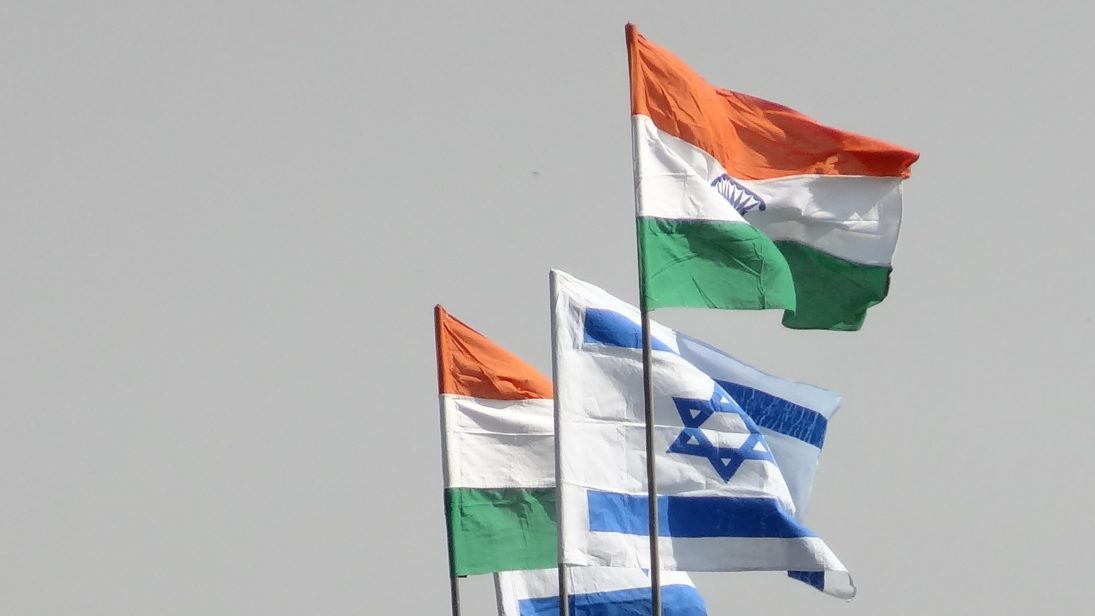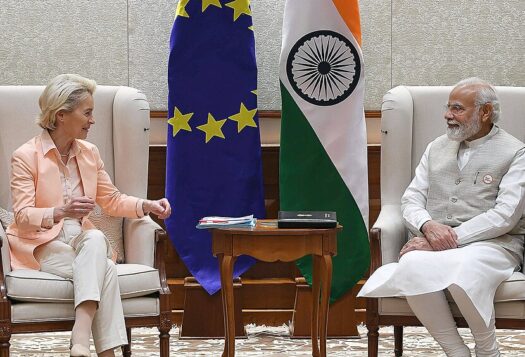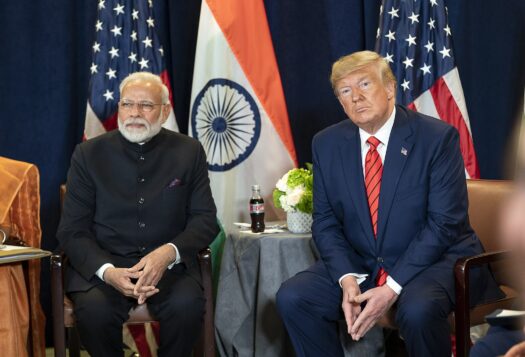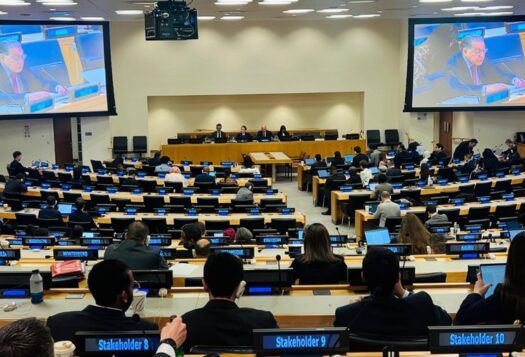
In July, Narendra Modi will become the first Indian Prime Minister to visit Israel. Reaching this level of diplomatic engagement is long overdue, since Israel has become the third-largest arms supplier to India. The defense ties between the two nations also encompass counter-terrorism, cyber security, homeland security, border management, and intelligence sharing. In the midst of improved bilateral relations and with the escalation of tensions in Indian-administered Kashmir and intermittent border clashes with Pakistan, calls for India to follow the Israeli playbook in dealing with these challenges are getting louder. However, there are some glaring issues with this approach. Why would India mirror the strategy of Israel, an area that has remained in crisis for 70 years, as a model to control a disputed territory with the potential of becoming a nuclear flashpoint? Not only has Israel been unsuccessful in its approach, but the circumstances of the Israel-Palestine conflict and those of the Kashmir issue lack similarity, further bringing this proposal into question. Thus, India seeking a role model in Israel is thoroughly inadvisable.
Rising Tensions in Kashmir
Civilian and military deaths in Kashmir are increasingly concerning. 2016 has been the worst year for Army deaths in Jammu & Kashmir since 2008. The death toll, now at 60, has almost doubled from 33 deaths in 2015. The Uri attack last September claimed the largest number of army personnel lives in a single day for nearly two decades. Narendra Modi is being hailed for his “muscular” response, despite the fact that continuous cross-border firing has resulted in significant Pakistani civilian casualties . However, neither the government nor the media has stepped back to consider why the situation in Jammu and Kashmir has seemingly regressed. Bilaterally, relations have deteriorated to the point that India no longer considers Pakistan a stakeholder in the resolution of the Kashmir issue. This was illustrated in 2015 when Pakistan called off high-level talks because India refused to include Kashmir in the agenda. As per India, the aim of the National Security Advisor (NSA)-level talks was to only discuss ceasefire violations and terrorism. But one cannot negate Kashmir when it is, in effect, the main cause for these transgressions in the first place.

Israel as a Model: Implications
In an interview with The Quint conducted after two Indian soldiers were beheaded on the Line of Control (LOC) on May 1, a reporter asked defense analyst Ajai Shukla what Israel may have done in a similar situation. The retired colonel responded by pointing out the glaring differences between the Israeli and Indian situations. Israel is the strongest military power in the region, and its main adversaries are much weaker, non-state actors in the neighborhood. In India’s case, the conflict is between two established, nuclear-armed state actors. Shukla then logically concluded: “So the minute India exerts pressure beyond a point on Pakistan, there will be a nuclear threat and that changes the game quite radically.” Israel’s military supremacy combined with its economic advantages isolates the country within its immediate neighborhood. India, however, cannot afford to increase hostilities with its two major neighbors, China and Pakistan, especially given the increasingly strong diplomatic and economic relations between the two. Therefore, seeking a role model in Tel Aviv at this juncture is not advisable.
The desire to emulate Israel is also evident from an article titled “Lessons from Tel Aviv for Prime Minister Narendra Modi” published late last month in the Indian Express. The writer, a Senior Fellow at the Institute of Peace & Conflict Studies, argues that India should follow a carrot-and-stick approach like the one employed by Tel Aviv to counter acts of terrorism and control a “disturbed” territory: Kashmir. However, if Israel had been successful in applying this approach, it should not have needed to engage in a 50-day war with Palestinians in Gaza in 2014. The murder of three Israeli teenagers in the occupied territory of the West Bank is what sparked the war, resulting in the death of 490 Palestinian children and claiming the lives of 64 Israeli soldiers. This should not be an acceptable price to pay to maintain a state’s security.
Conclusion
The conflict in Kashmir has been drawn out considerably, and little progress has been made in coming to a permanent resolution. If India’s goal is indeed to find a long-term solution to the crisis and establish peace in the region, then using Israel as a role model is not a good place to start. Over 700,000 Indian army personnel are stationed in Kashmir, making it the most militarized zone in the world. For every eight Kashmiris there is one Indian soldier. Besides their disputed status and heightened police presence, the Kashmir region and Israel-Palestine have little in common. Alternatively, the Sri Lankan army’s brutal repression of the Tamil insurgency in 2009 is perhaps a more successful and closer-to-home example that can be followed, though this observation may be culturally and morally taboo in India, especially for many on the Hindu Right. Nevertheless, consciously taking a different approach towards its disputed territory than that of Israel is perhaps what will make India a successful template to follow, rather than the other way round.
***
Editor’s Note: Click here to read this article in Urdu
Image 1: Embassy of Israel, India
Image 2: Kashmir Global via Flickr


